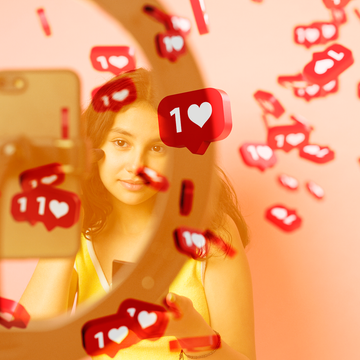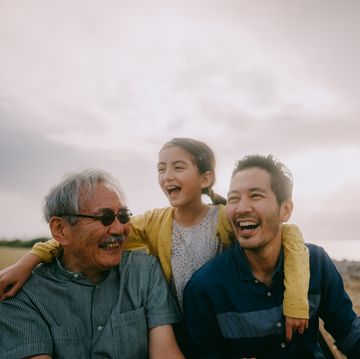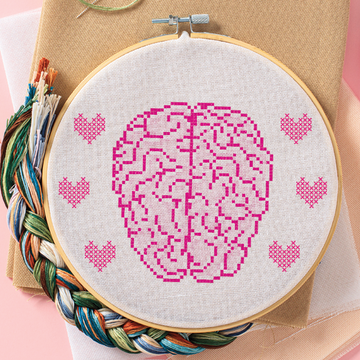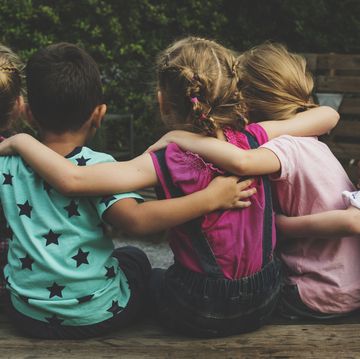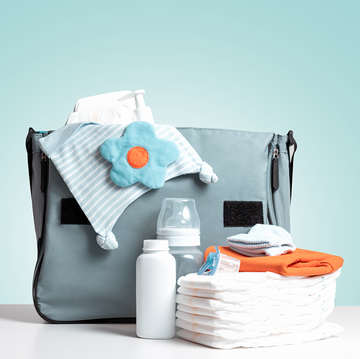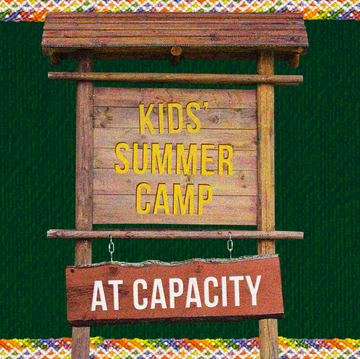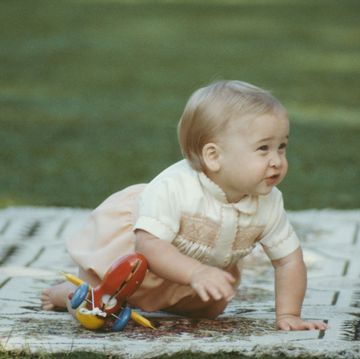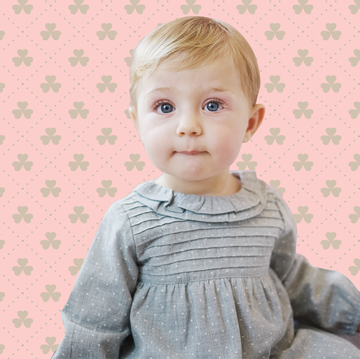Youth suicide, rape, depression, voyeurism, slut-shaming, bullying: A popular Netflix show adapted from a young adult novel took on all of these harrowing themes and more. Now school psychologists are expressing "grave concern" about the potential contagion effects.
The fictional series 13 Reasons Why details the disturbing incidents that led up to a 17-year-old's suicide. In each episode, the protagonist Hannah Baker reveals one of the reasons why she decided to take her own life, speaking from beyond the grave through a series of cassette tapes. The show's producers, including Selena Gomez, hoped the powerful plot would spark a conversation.
"Facing these issues head-on — talking about them, being open about them — will always be our best defense against losing another life," series writer Nic Sheff wrote in Vanity Fair. However, many mental health experts believe the TV-MA-rated show insufficiently addresses those topics, and could inspire similar, but very real, tragedies. Schools across the country are even sending home letters, warning parents and providing advice on how to guide children who've seen it.
"We do not recommend that vulnerable youth, especially those who have any degree of suicidal ideation, watch this series," the National Association of School Psychologists said in a statement. "Its powerful storytelling may lead impressionable viewers to romanticize the choices made by the characters and/or develop revenge fantasies."
[instagram ]https://www.instagram.com/p/BPukhzhgCkO/?taken-by=... [/instagram]
13 Reasons Why first premiered on Netflix on March 31. In less than a month, the show has come to dominate high school (and even middle school) conversations. Since teens can find the show on the streaming platform as well as YouTube, Melissa Reeves, Ph.D., President of the National Association of School Psychologists, realizes that it's unrealistic for parents to avoid 13 Reasons Why altogether.
"How I came across the series is my own 14-year-old daughter," Reeves told GoodHousekeeping.com."'She did what most of the teenagers were doing. She watched all 13 episodes in one weekend, primarily on her phone, and all of her friends were watching it at the same time."
When her daughter told Reeves about the show, they then decided to watch it together and talk about the contents, but parents should exercise caution.
"My personal opinion is that this should not be shown in middle school. There are so many things that middle schoolers are not a developmental level to fully understand," Reeves says. "Even with high school students, I would not recommend viewing this without adult guidance to facilitate discussion."
While an accompanying episode, 13 Reasons Why: Beyond the Reasons, intends to start a conversation, Reeves worries it doesn't do enough to address the "many trauma triggers." Many kids skip that follow-up video altogether.
"I am very concerned that the graphic nature of this series, followed by a lack of focus on how students can get support and help, is very counterproductive and the risks outweigh the conversations that are taking place because of this series," she explains.
If your children have seen or heard of the show, the NACP recommends having a conversation and discussing their thoughts without judgement. Parents should be on the lookout for warning signs such as direct and indirect suicide threats, preoccupation with death or any changes in behavior, appearance or feelings. As always, get help from a mental health professional if you are worried about the safety of your child or one of their peers.
If you or someone you know needs support right now, call the National Suicide Prevention Lifeline at 1-800-273-8255 or contact the Crisis Text Line by texting TALK to 741-741.
[h/t People



